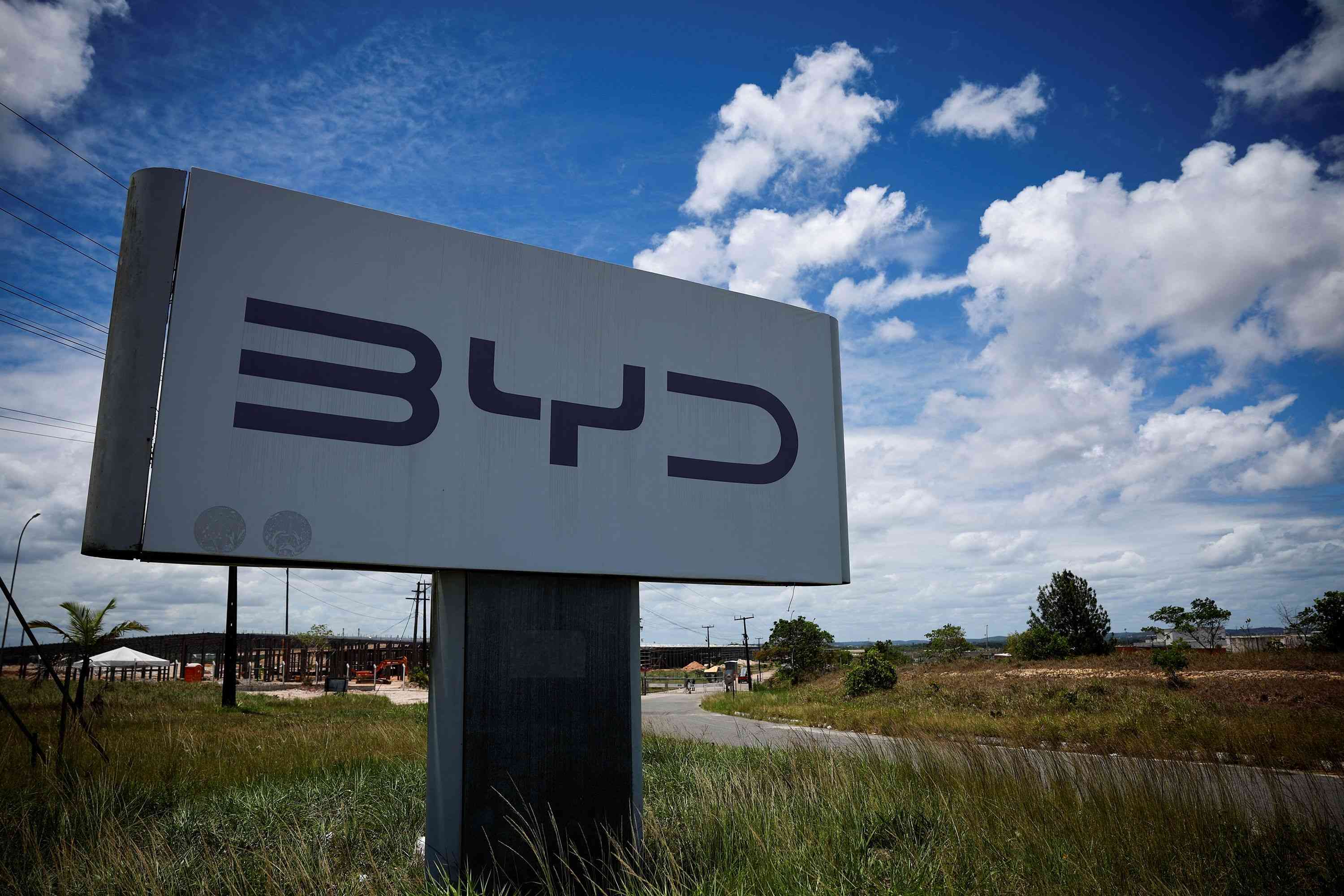
As China aggressively expands its economic footprint across the globe, the recent scandal at BYD's Brazilian factory construction site has exposed the darker side of Chinese overseas investment. The discovery of 163 Chinese workers living in "slavery-like conditions" in Camaçari, Brazil, reveals how China's corporations are exporting not just their products and services, but also their oppressive labor practices beyond their borders. The details that emerged from the Brazilian labor inspector's investigation paint a disturbing picture of systematic exploitation. Workers building BYD's electric vehicle factory were forced to surrender their passports, which is a classic indicator of forced labor and submit to contracts laden with draconian conditions. These included an $890 deposit that could only be retrieved after six months of work, effectively trapping workers in their positions, and arbitrary fines for infractions as minor as walking shirtless or engaging in arguments.
The living conditions were equally appalling. Labor inspectors found dozens of workers crammed into single houses with inadequate bathroom facilities, no mattresses, and food stored in unsanitary conditions. In the sweltering Brazilian heat, these workers toiled for 10-hour shifts, earning approximately $70 per day, a wage that, while higher than Chinese minimums, came with severe strings attached. Sixty percent of their earnings were forcibly sent back to China, leaving workers with limited control over their own income. BYD's attempt to distance itself from the scandal by blaming its contractor, Jinjiang, rings hollow. As reports correctly noted, BYD bears direct responsibility for the actions of its contractors on its sites. The company's claim of ignorance about the conditions until media reports emerged suggests either willful blindness or gross negligence in overseeing its supply chain.
This scandal fits into a broader pattern of Chinese companies exporting exploitative labor practices, particularly in developing nations. From Africa to Latin America, Chinese firms often bring their own workers rather than hiring locally, operating in isolated bubbles that bypass local labor standards and economic benefits. This practice not only deprives host communities of employment opportunities but also creates enclaves where workers are subjected to conditions that would be illegal in most developed nations. The reaction from China has been telling. Rather than addressing the substantive issues, Chinese state media and company officials have defaulted to their usual playbook of crying foul about "foreign forces" attempting to tarnish China's reputation. BYD's public relations manager, Li Yunfei, exemplified this defensive posture by dismissing the legitimate concerns as mere "excuses" to attack Chinese brands. This reflexive nationalism serves as a convenient shield against accountability.
More revealing still are the discussions that emerged on Chinese social media platform Weibo, where some users noted that the conditions found in Brazil mirror those faced by construction workers within China itself. This acknowledgment hints at how China's domestic labor practices, characterized by the notorious "996" work culture (9 AM to 9 PM, six days a week), are being internationalized through its corporate expansion. The BYD Brazil scandal serves as a warning about the hidden costs of Chinese investment. While countries like Brazil eagerly court Chinese capital as part of their industrialization strategies, they must be vigilant about the potential for labor exploitation. The incident has already prompted Brazilian authorities to suspend temporary work visas for BYD, but more systematic safeguards are needed.
This case also highlights the tension between economic development and worker rights. The BYD factory, built on the site of a former Ford plant, was supposed to symbolize Brazil's reindustrialization. Instead, it has become a symbol of how Chinese investment can undermine rather than enhance labor standards. The international business community must recognize that China's global expansion often comes with the export of its problematic labor practices. While Chinese investment can bring needed capital and technology to developing nations, it shouldn't come at the cost of basic human dignity and worker rights.
Host countries must strengthen their labor inspection regimes and ensure that Chinese companies comply fully with local laws and international labor standards. As China seeks to position itself as a responsible global leader, incidents like the BYD Brazil scandal demonstrate how far it still needs to go in aligning its business practices with international norms. Until Chinese companies demonstrate genuine commitment to worker welfare rather than viewing labor rights as obstacles to be circumvented, their global expansion will continue to raise serious concerns about the human cost of China's economic ambitions.
- The brains behind Matavire’s immortalisation
- Red Cross work remembered
- All set for inaugural job fair
- Community trailblazers: Dr Guramatunhu: A hard-driving achiever yearning for better Zim







